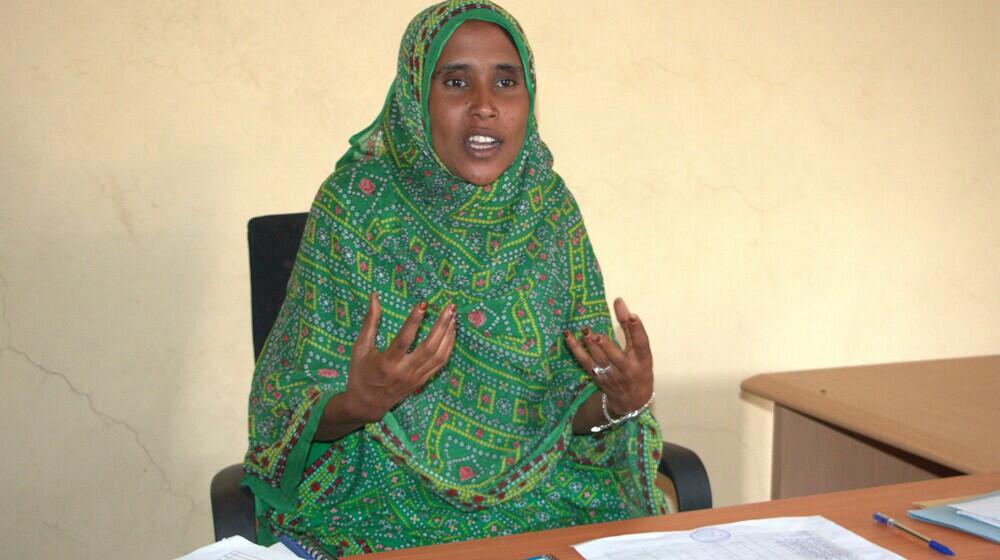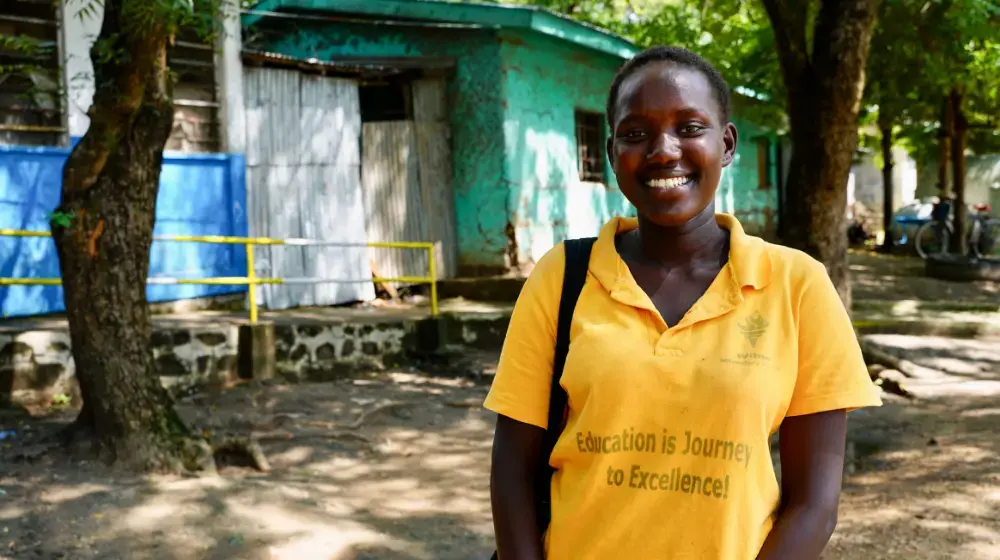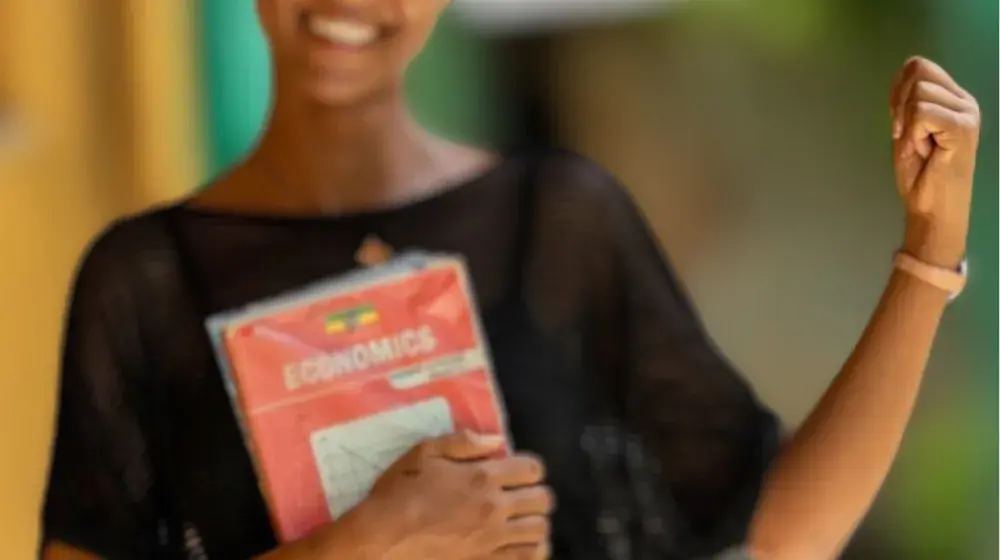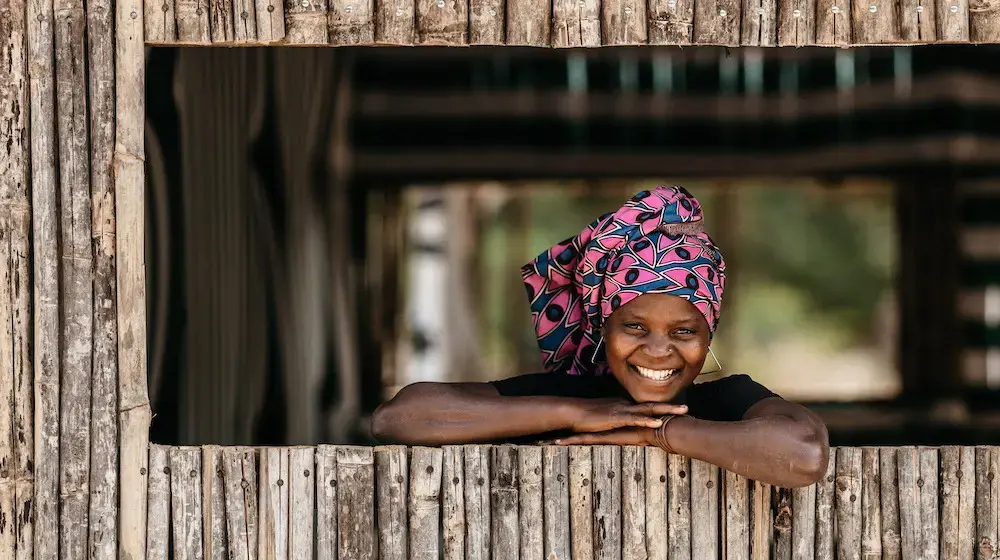Hasna Inahaba Abdu assumed the position of Head of the Abala District Women and Social Affairs Office 4 years ago at the height of the COVID-19 Pandemic. She says that she has been treading on a work journey filled with lots of hurdles.
The restrictions imposed due to the pandemic posed the biggest challenge to the work of her office, especially when it comes to mobilizing communities for social change. Community mobilization tools such as community conversation sessions which used to be conducted every two weeks couldn’t take place for that reason.
The conflict in northern Ethiopia which erupted in November 2020 engulfing the Abala District and many others in the Afar Region, in addition to the other two regions, made matters to go from bad to worse. Tens of thousands were displaced and the local government structures including Hasna’s office were dismantled.
“In the face of such situations the rates of child marriage and Female Genital Mutilation (FGM) increased a lot jeopardizing the gains we have made in the abandonment of harmful practices,” says Hasna. She adds that many women and girls also became victims of sexual violence during the conflict.
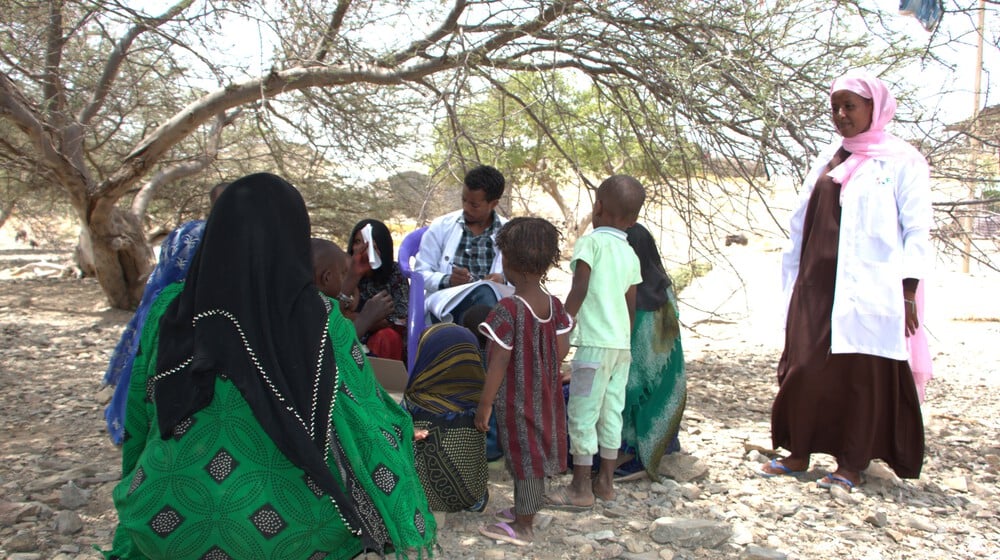
Communities whose cattle were looted during the conflict and lost much of the remaining due to the drought were left with little resources to sustain their livelihood becoming dependent on relief aid. One coping mechanism members of communities were forced to resort to was marrying off their underage daughters to get some resources in the form of dowries. Moreover, considering the increasing incidence of sexual violence during the conflict, communities sought to protecting their daughters from this ordeal by marrying them off early.
Hasna’s office, the Abala District Women and Social Affairs Office, has been coordinating the implementation of the Integrated Project on Prevention of Child Marriage and FGM which is supported by UNFPA with funding from the UN Association in Sweden. The project was piloted in the Afambo District in 2012 and was later scaled-up to the Abala District in the region. The project has registered quite remarkable results where all the localities in the pilot district publicly declared abandonment of both harmful practices. Promising strides were also being made in the 13 localities of the Abala District in the abandonment of both harmful practices until they were jeopardized by the humanitarian crisis triggered by COVID-19 and the northern Ethiopia conflict.
Hasna says her office is trying its best to put efforts together to bring things back on track in the fight against child marriage and FGM. But the gaping shortage of budget and the fact that many people who have been displaced by the conflict have not returned to their places of origin is proving to be a huge challenge.
“We are currently trying to undertake community mobilization efforts through outreach activities working with community and religious leaders, but the logistics is quite challenging and expensive,” notes Hasna. She is hopeful that with hard work and with continued support from partners such as UNFPA things would slowly go back to where they were.
Hasna’s office is working closely with the police, Prosecutor’s Office and the District Health Office as well as community leaders to revamp the efforts in the fight against child marriage and FGM.

